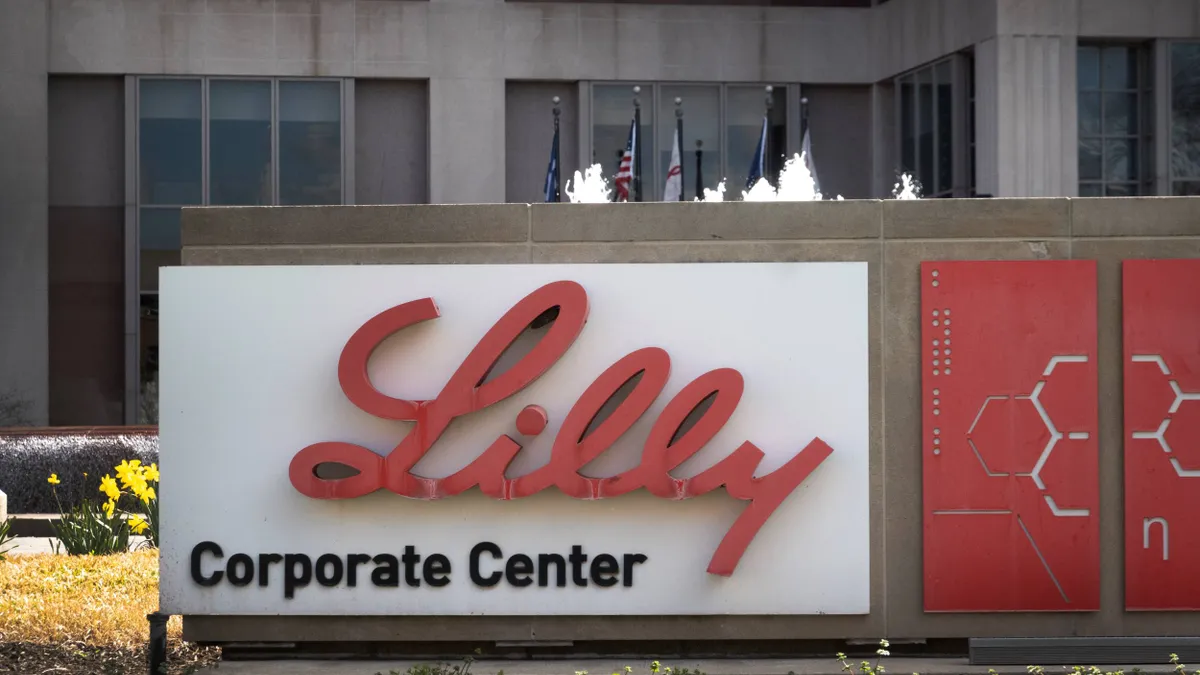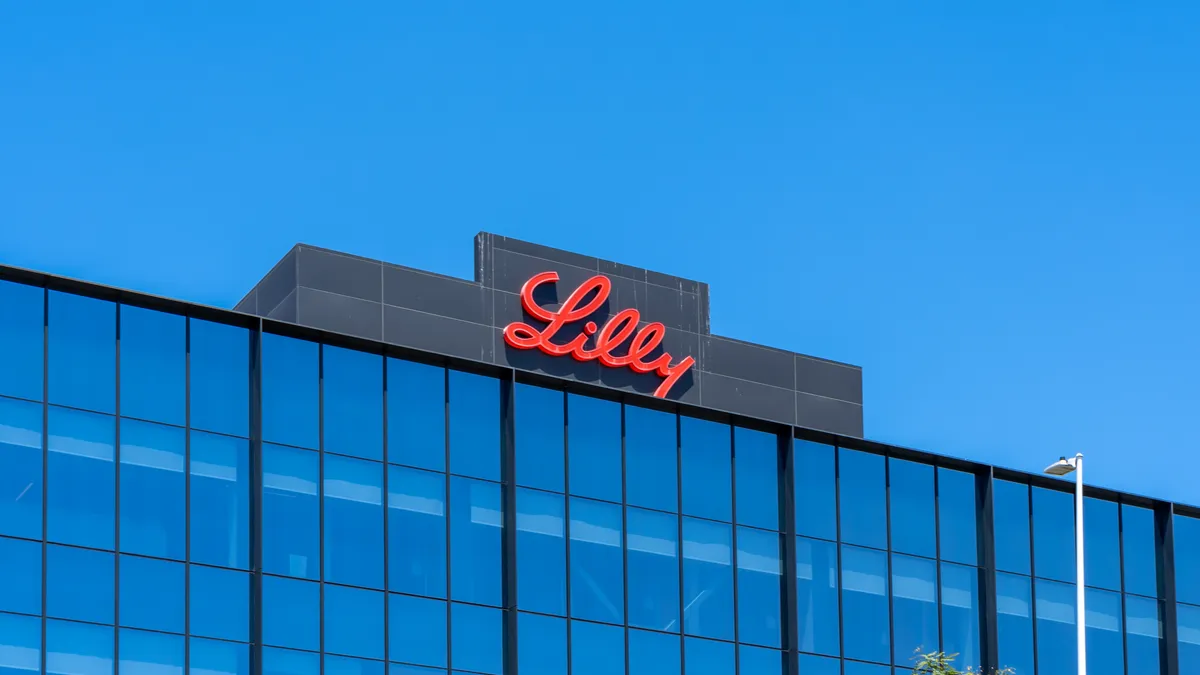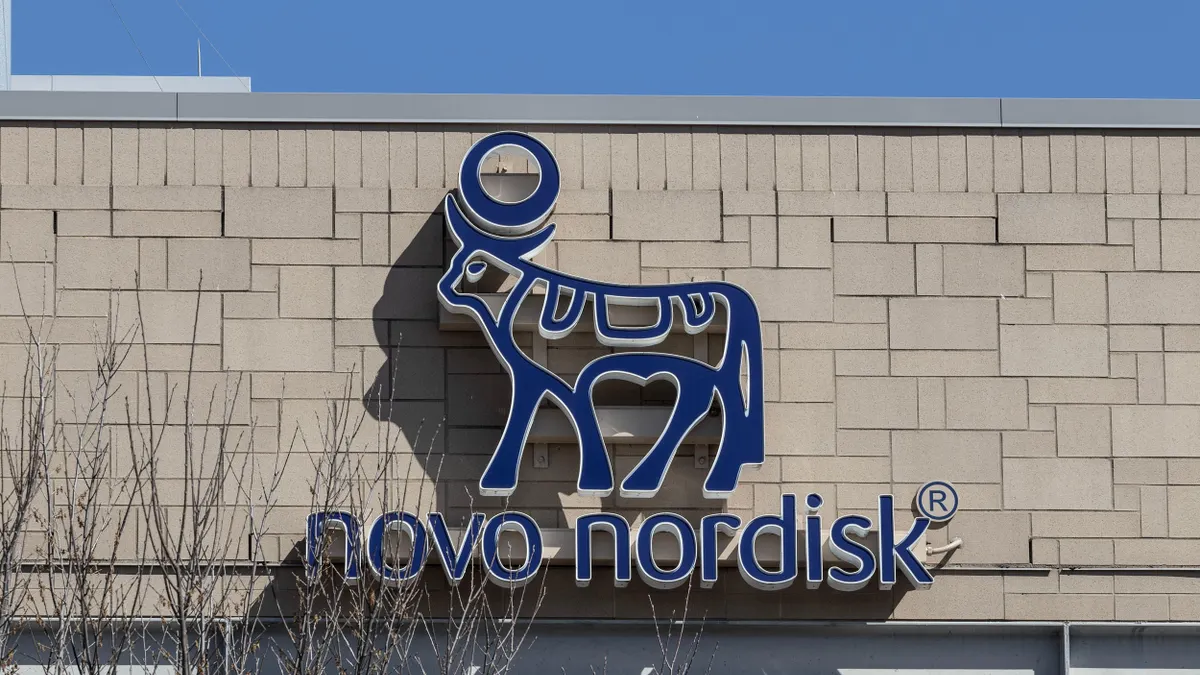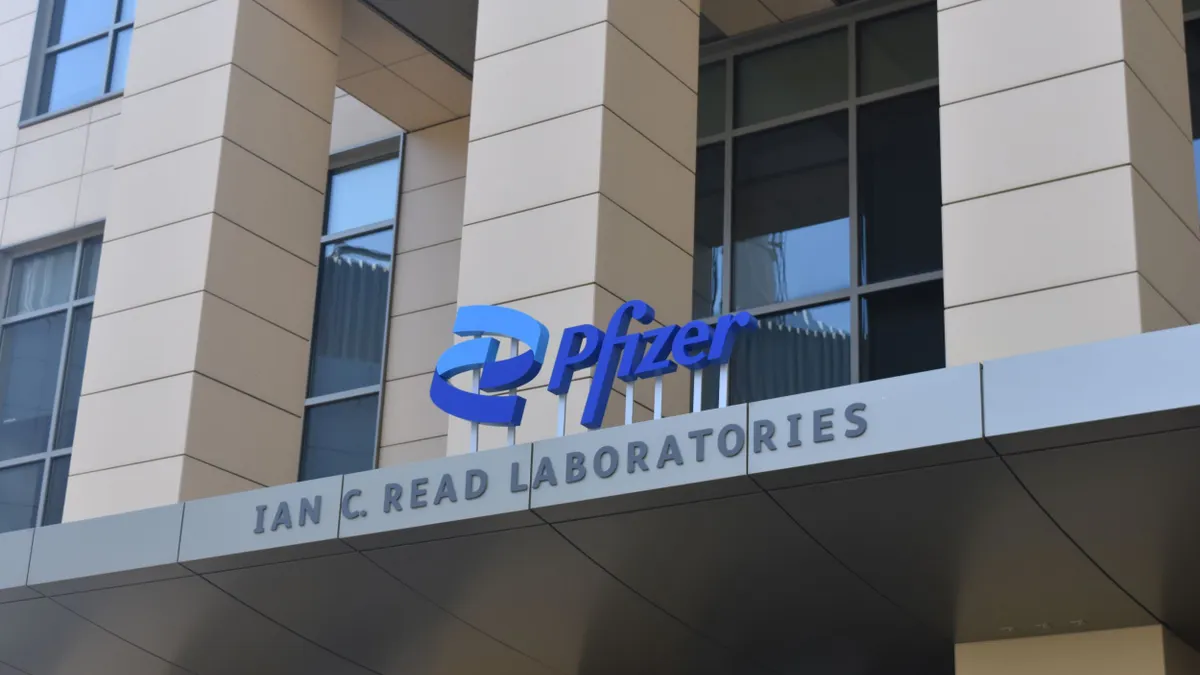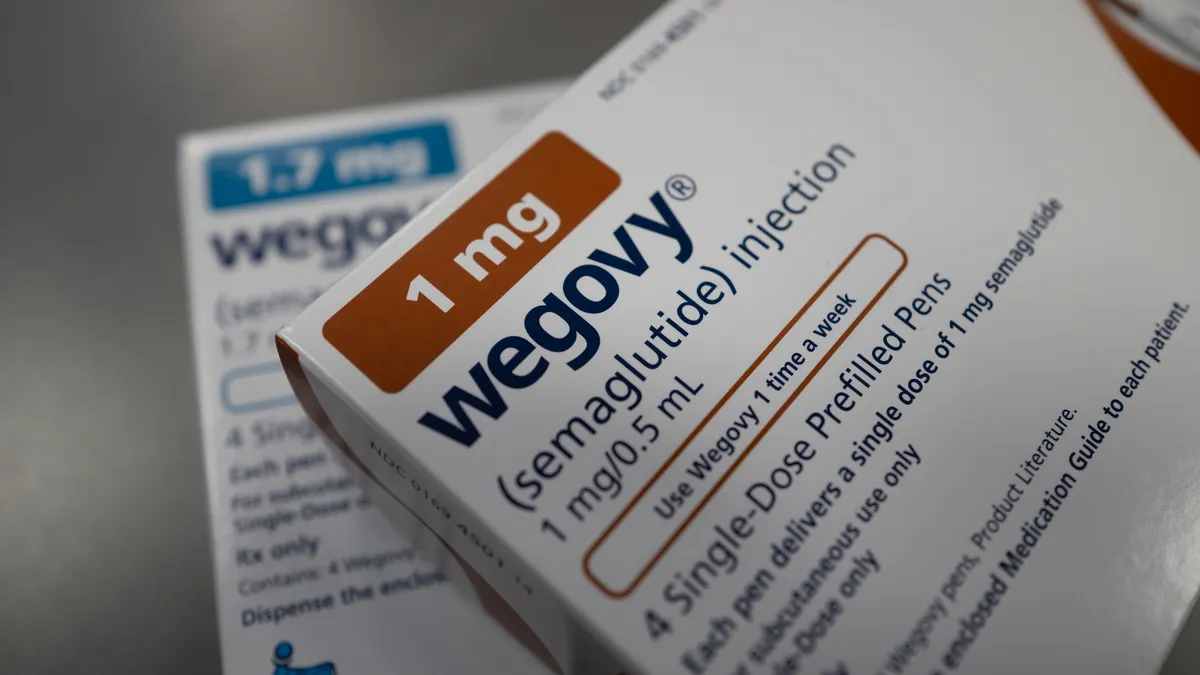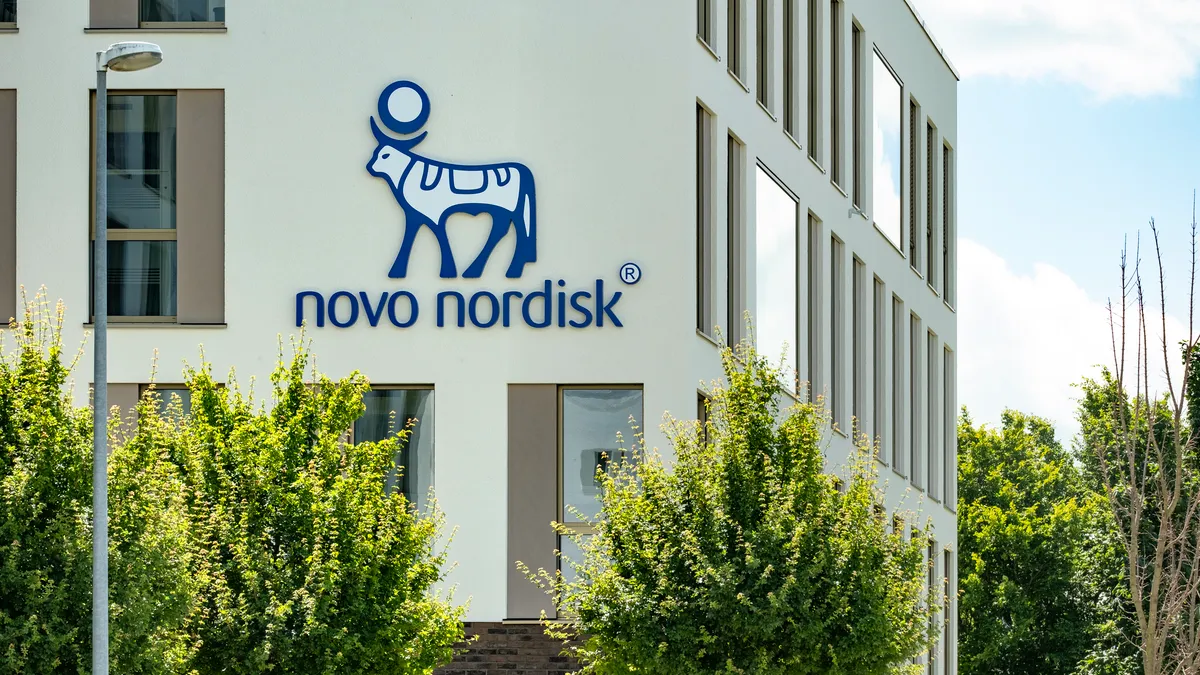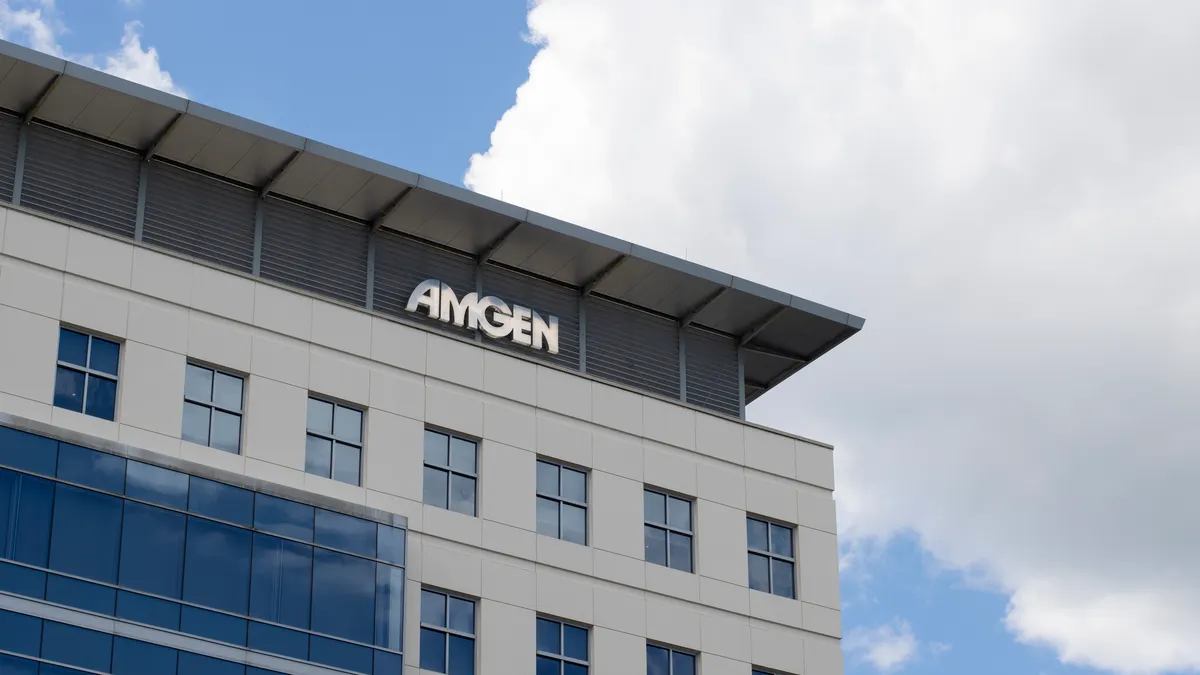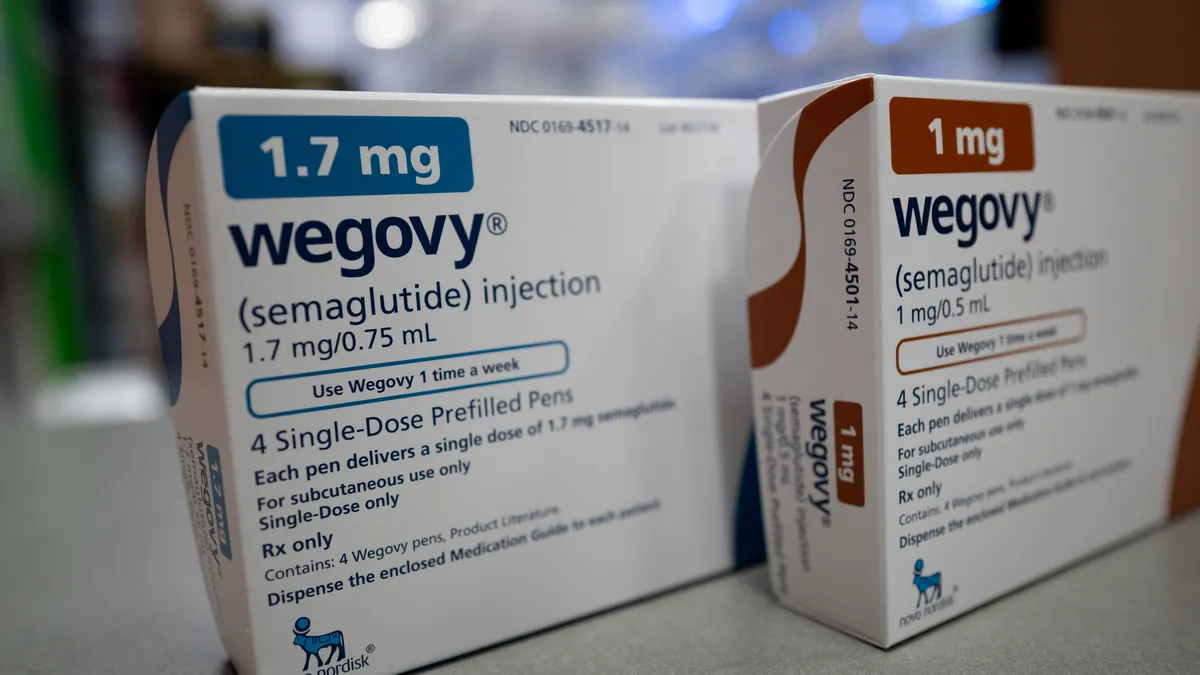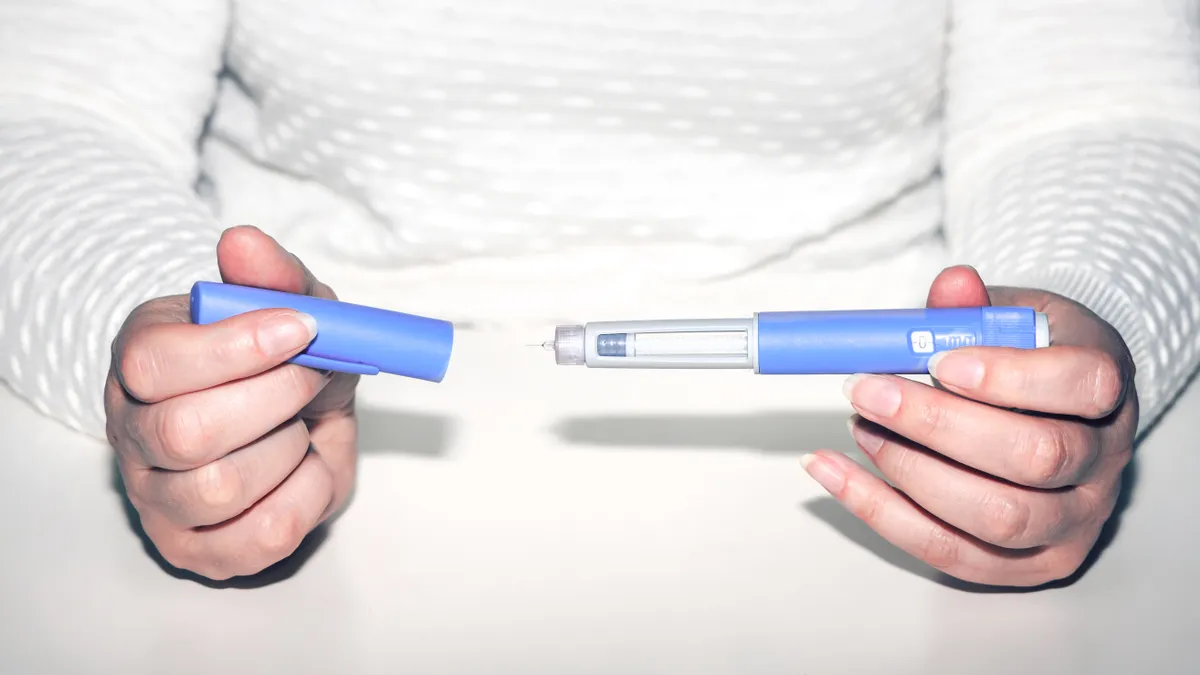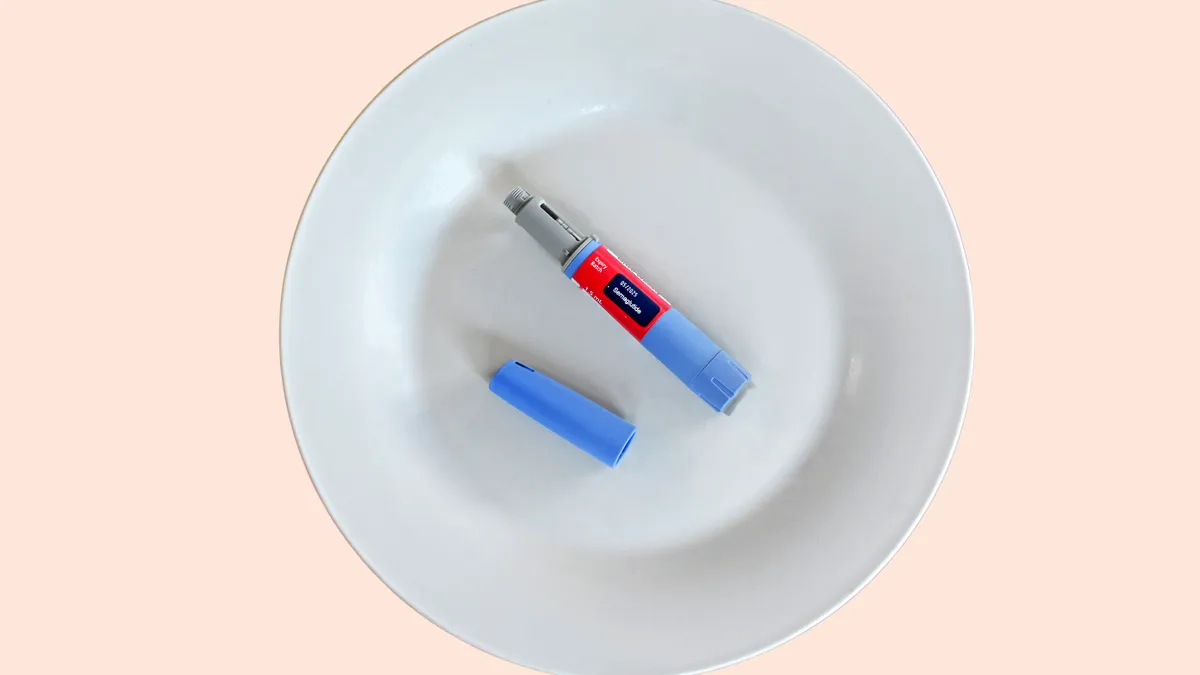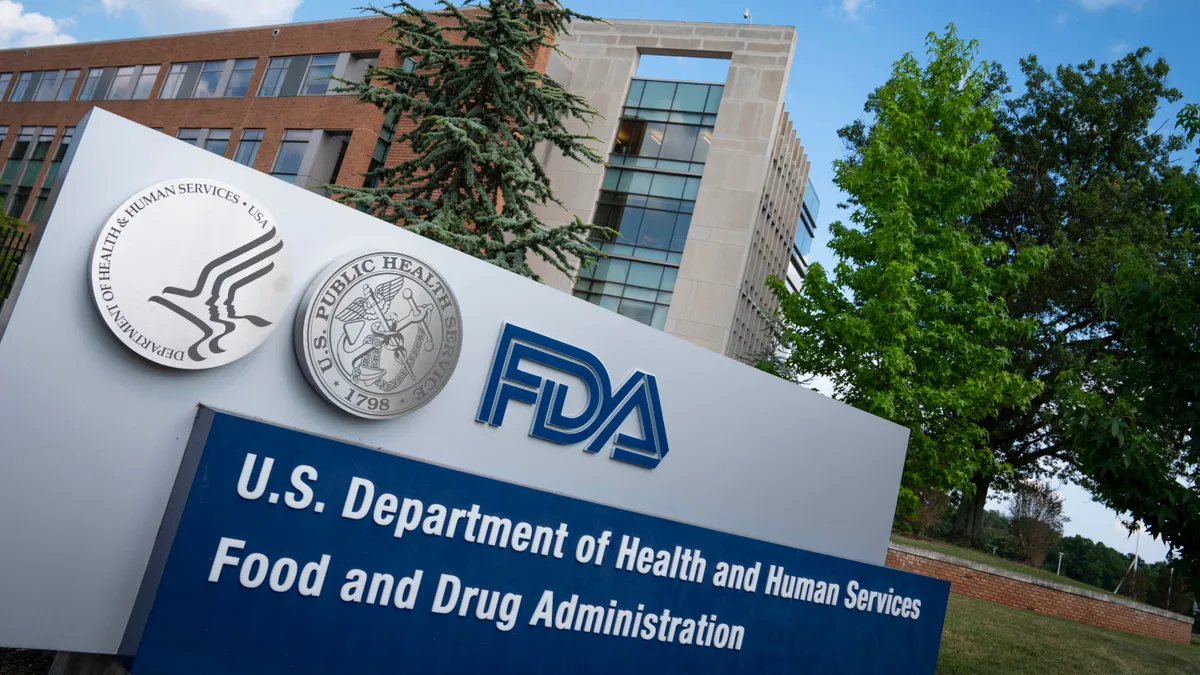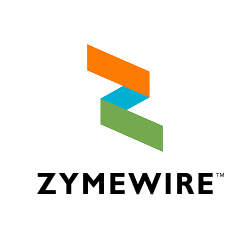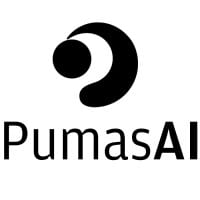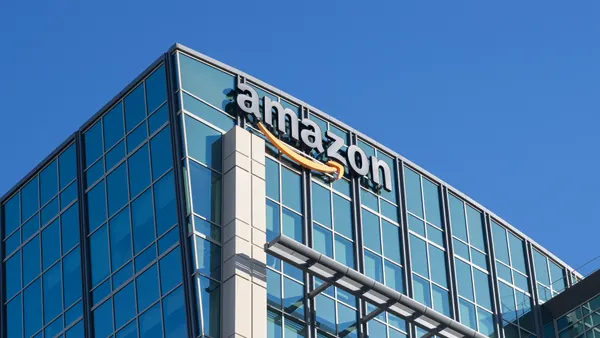Dive Brief:
-
While revenue and profit rose year-over-year during the first quarter at Novo Nordisk, the Danish drugmaker on Wednesday scaled back its financial forecasts for 2025 due to the impact compounded copies of its popular GLP-1 medicines have had on sales.
-
Net sales and operating profit grew 19% and 22%, respectively, compared to the same period last year, according to earnings statements. Ozempic, the version of semaglutide that Novo sells for diabetes, earned the company nearly $5 billion during the quarter, while Wegovy, which Novo markets for obesity, brought in about $2.6 billion.
- Sales of both drugs were slightly below what they were in the fourth quarter last year. Novo said the drugs’ volume growth was lower than expected because of the widespread availability of compounded GLP-1s in the U.S. As a result, the company reduced its sales growth guidance for 2025 by three percentage points and its operating profit guidance by five percentage points.
Dive Insight:
Telehealth companies capitalized on the immense popularity of GLP-1 obesity medicines from Novo and Eli Lilly, using regulatory rules on drug compounding to widely sell knock-off versions of the branded treatments.
However, the Food and Drug Administration recently determined both companies’ medicines are no longer in shortage, closing off the ability of compounders to mass produce off-brand counterparts. A grace period for certain compounding pharmacies ended late last month, and will lapse May 22 for others involved in bulk production. A federal judge dismissed an attempt by the compounding industry to prevent those deadlines from taking effect.
Despite those victories, the availability of compounded GLP-1 drugs has hurt Novo. Sales of both Ozempic and Wegovy dipped in the first three months of the year versus the quarter prior, and the company is now adjusting for “lower-than-planned” market penetration this year.
“We are actively focused on preventing unlawful and unsafe compounding and on efforts to expand patient access to our GLP-1 treatments,” said Novo CEO Lars Fruergaard Jørgensen in the company’s earnings statement Wednesday.
Prescription numbers shared by Novo also show that, in the U.S., Lilly’s rival obesity drug Zepbound is eclipsing Wegovy, highlighting the competitive threat Novo faces.
The company recently struck a deal with CVS Health that gives Wegovy preferred access over Zepbound on the insurer’s standard formulary. And it hopes to soon win approval of a pill formulation of semaglutide in obesity. (Oral semaglutide is sold as Rybelsus for diabetes, but at a much lower dose than Novo plans to use for obesity treatment.)
Despite the headwinds, Novo shares traded up by 2% on U.S. markets Wednesday morning.










